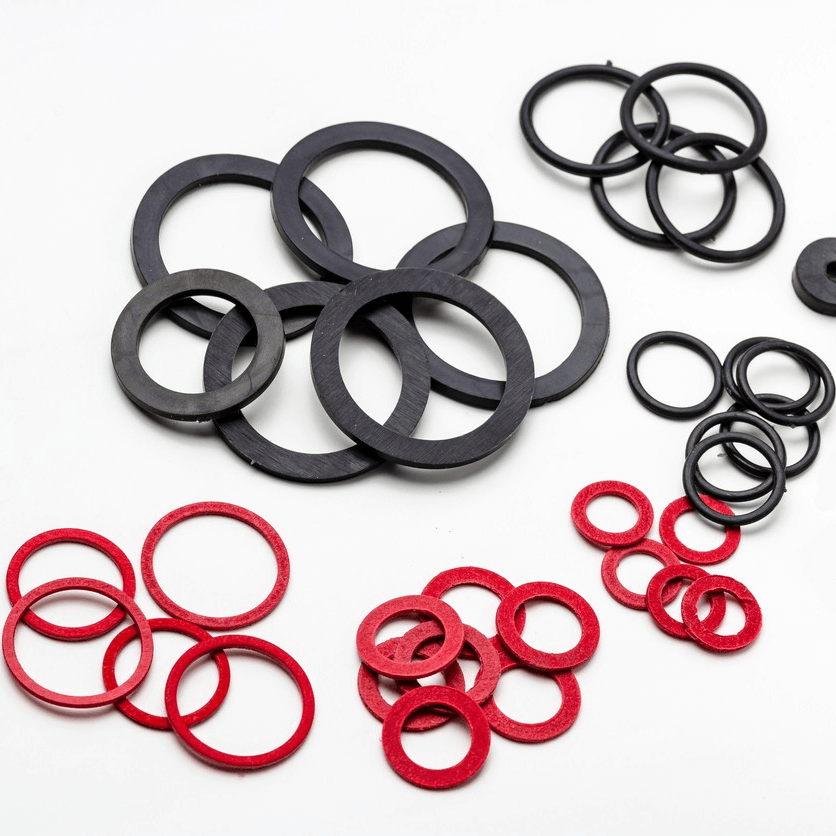Introduction: EPDM (Ethylene Propylene Diene Monomer) rubber seals are widely recognized for their excellent performance in various sealing applications. This article aims to provide a comprehensive overview of the performance characteristics of EPDM rubber seals, highlighting their unique properties and advantages in different industries.
-
Outstanding Weather Resistance: EPDM seals exhibit exceptional weather resistance, making them highly resistant to ozone, sunlight, and harsh environmental conditions. They can withstand prolonged exposure to UV radiation, extreme temperatures, and atmospheric pollutants, maintaining their integrity and sealing performance over an extended period.
-
Excellent Chemical Compatibility: EPDM rubber seals demonstrate excellent resistance to a wide range of chemicals, including acids, alkalis, and various solvents. They can effectively resist swelling, deterioration, and degradation when exposed to aggressive chemical environments, ensuring reliable sealing performance in chemical processing and industrial applications.
-
Superior Flexibility and Elasticity: EPDM seals possess remarkable flexibility and elasticity, enabling them to conform to irregular surfaces and maintain a tight seal even under dynamic conditions. This property allows for effective sealing in applications involving movement, vibration, and thermal expansion, providing optimal sealing integrity.
-
Thermal Stability: EPDM rubber seals exhibit remarkable thermal stability, enabling them to withstand temperature variations ranging from -50°C to 150°C (-58°F to 302°F) without compromising their sealing performance. This makes them suitable for sealing applications in both high-temperature and low-temperature environments.
-
Water and Steam Resistance: EPDM seals demonstrate excellent resistance to water and steam, making them ideal for applications where exposure to moisture, steam, or hot water is common. They maintain their sealing effectiveness, preventing leakage and ensuring reliable performance in plumbing, HVAC, and automotive systems.
-
Good Electrical Insulation Properties: EPDM rubber seals possess good electrical insulation properties, making them suitable for applications requiring electrical isolation or protection. They provide effective sealing while maintaining electrical integrity, making them widely used in electrical enclosures, connectors, and cable glands.
Conclusion: EPDM (Ethylene Propylene Diene Monomer) rubber seals offer outstanding weather resistance, excellent chemical compatibility, superior flexibility and elasticity, thermal stability, water and steam resistance, and good electrical insulation properties. These performance characteristics make EPDM seals highly versatile and widely used in industries such as automotive, construction, HVAC, electrical, and plumbing. Whether it's sealing against extreme weather conditions, aggressive chemicals, or providing reliable sealing in dynamic applications, EPDM rubber seals deliver optimal sealing solutions.

